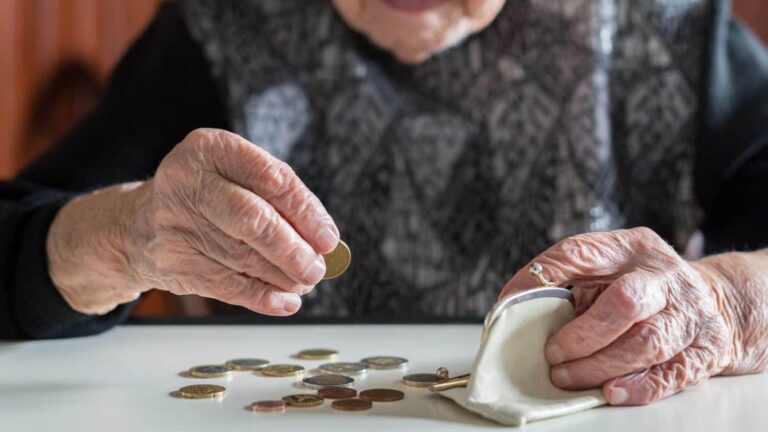Elderly Poverty in Eritrea
In Eritrea, elderly poverty is a pressing issue that affects countless individuals and their families. The challenges faced by the elderly population are compounded by economic instability and limited social support. Many seniors find themselves living in conditions that are both financially and emotionally taxing.
The Demographics of Eritrea’s Elderly
Eritrea has a rapidly aging population, and the number of elderly citizens is on the rise. With approximately 3% of the population over the age of 65, the country’s resources are stretched thin. As more individuals reach old age, the demand for social services and healthcare increases significantly.
Economic Challenges
The economic situation in Eritrea is a major factor contributing to elderly poverty. High unemployment rates and inflation make it difficult for families to support their aging relatives. This often leads to situations where the elderly are left without adequate financial resources.
Social Support and Community Networks
Community networks traditionally play a critical role in supporting the elderly. However, these networks are weakening due to urbanization and young people migrating abroad. This loss of communal support further exacerbates the vulnerabilities of the elderly.
Government Initiatives
While the Eritrean government has acknowledged the issue of elderly poverty, many believe that more needs to be done. Current initiatives may not sufficiently address the scale of the problem. Efforts to improve social welfare programs are essential to provide better assistance to the elderly.
Global Awareness and Assistance
Raising global awareness about elderly poverty in Eritrea is crucial. International organizations are working to shine a light on this issue and advocate for improved conditions. Efforts such as those by the Borgen Project are vital in mobilizing support and resources. For more information, visit this article.
Conclusion
The struggle against elderly poverty in Eritrea requires a multifaceted approach that includes government action, community involvement, and international support. Addressing the needs of the elderly is not just a matter of justice; it is a responsibility that impacts the future of the entire society. Only through concerted efforts can we hope to alleviate the suffering faced by this vulnerable demographic.

